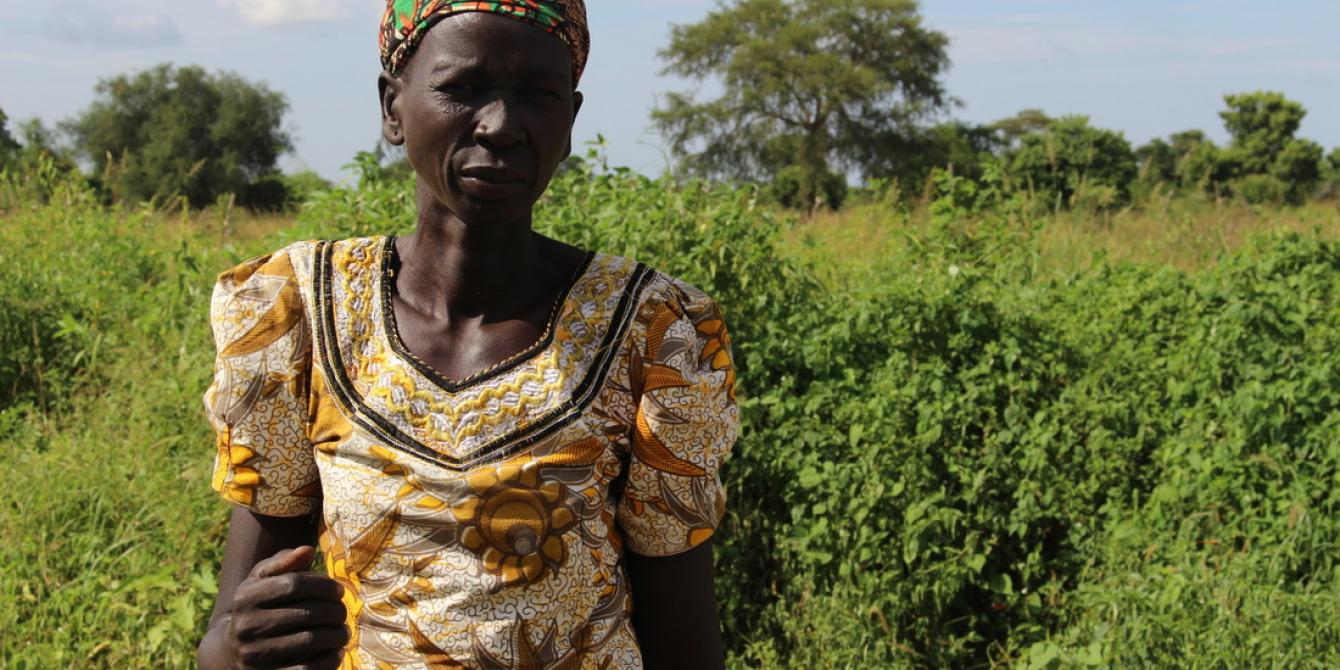CALL FOR PAPERS - CLOSING DATE 1 MAY 2022
Women globally experience discrimination in various forms in accessing and maintaining leadership and decision-making positions. The virtual workshop on women and traditional governance held in September 2021 revealed that this phenomenon is even more pronounced in traditional and minority contexts. The general trend is a reluctance from states to interfere in the management of cultural minorities directly. As a result, discussions and debates on the position of women in leadership and decision-making structures within their communities are often carried out without consideration of the gender dimension. Instead, discourses generally focus on understanding the extent and magnitude of the discrimination that women within such groups face, but rarely on how they could or should be empowered to claim leadership positions, especially from a comparative and multidisciplinary perspective.
Several issues were identified during the two-day workshop in September 2021, such as:
- How do communities appoint a traditional leader? How does this differ from community to community? What are the rules of succession to the throne? Is it possible to change this –e.g., what is the Royal family’s role –vis-à-vis contestants to the leadership?
- How can women help shape societies that are still governed by traditional authority and institutions, and how can they obtain equal participation in leadership positions generally reserved for the senior male members of royal families?
- Would females be considered a traditional leader if no male counterpart is available / would she be considered regardless of whether a male from another family is available?
- Why are there so many traditional leader disputes? And why do they arise if it seems that sometimes something is at stake, e.g., the income, mining, other economic opportunities, or improving the community’s socio-economic development?
- What are the perceptions regarding traditional female leadership –both from men and women –in SA and outside SA?
- The participation of women in traditional councils –and how their role is perceived.
- Role of women in the general administration of villages (e.g., water committees, etc).
- The participation of women in traditional courts.
- The adherence to the Constitution and legislation –e.g., changes happening on the ground, without the influence of court decisions.
- The impact of introducing the new 2019 traditional governance legislation regarding the Khoi-San communities, e.g., in Khoi-San communities, would females be part of these structures from the beginning?
- How can women help shape societies that are still governed by traditional authority and institutions, and how can they obtain equal participation in leadership positions generally reserved for the senior male members of royal families?
- Comparative studies of traditional governance worldwide provide further research opportunities –and learning points as to how to address governance challenges.
- How does the youth –the future generations perceive traditional governance and their role therein?
The overall objective of the two-day workshop on 14 and 15 November 2022 is to continue exploring the challenges women face in traditional and minority governance structures, and the problems are not limited to those on the list but could include any other matter relevant to the central theme, women and traditional or minority authority.
Please send a title and short proposal of no longer than 500 words before or on 1 May 2022 if you are interested in presenting a paper on the topic to christa.rautenbach@nwu.ac.za.
Depending on the quality of the final papers, we will consider publishing a special edition in the Potchefstroom Electronic Law Journal, see https://perjournal.co.za/.

